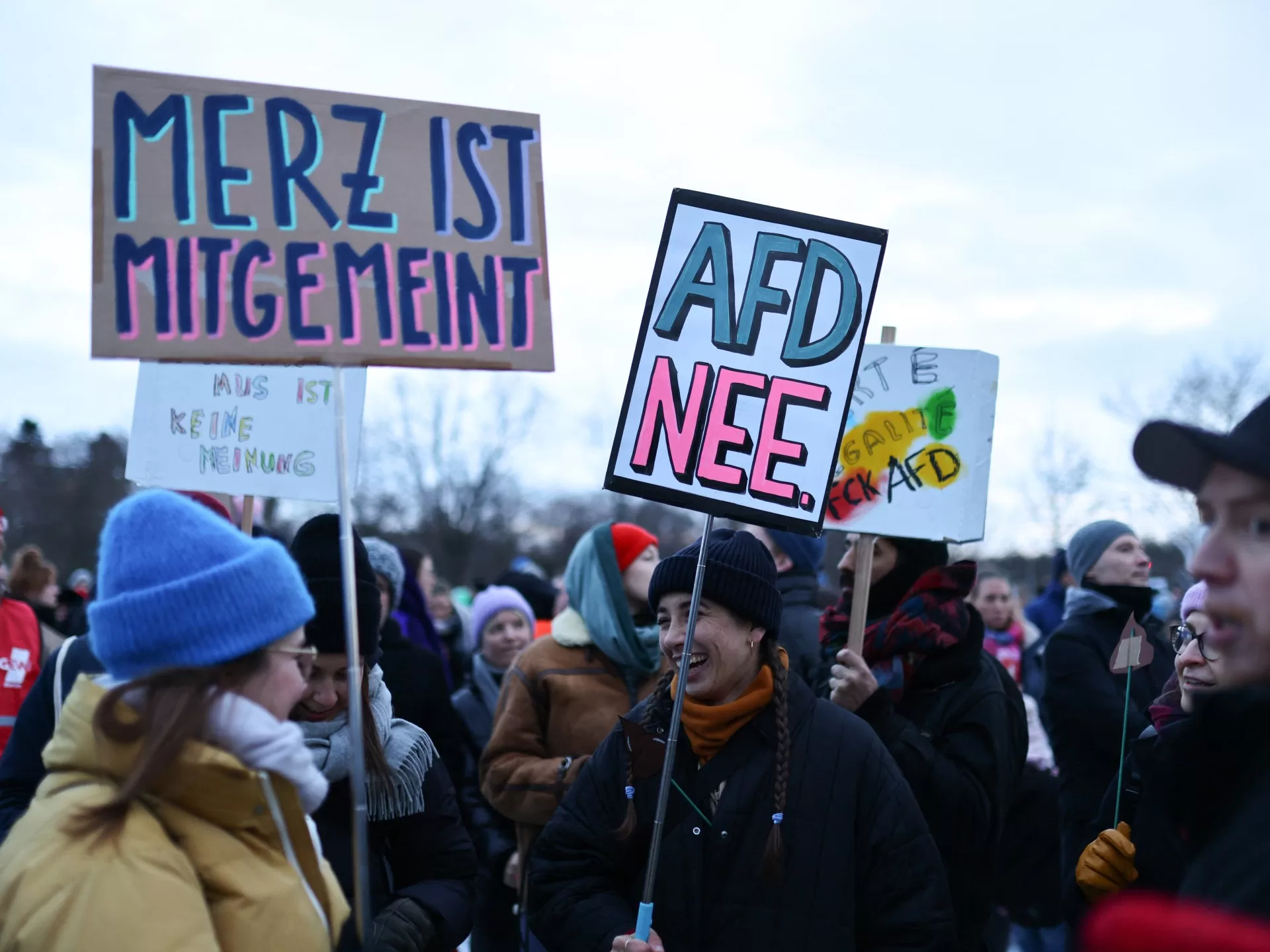Business alliance seeks to counter far-right populism and persuade 1.7 million staff to vote in upcoming election.
Thirty companies, including BMW, BASF, and Siemens, announced on Tuesday that they have formed a “business alliance” to battle populism and promote “diversity, openness and tolerance”. The initiative also calls on the 1.7 million employees of the firms to vote in June’s EU parliament elections, in which far-right parties are forecast to make significant gains.
“Exclusion, extremism, and populism pose threats to Germany as a business location and to our prosperity,” a statement issued by the “We stand for values” alliance read.
The companies said that they are “calling on their combined 1.7 million employees to take part in the upcoming European elections … to highlight the importance of European unity for prosperity, growth, and jobs,” it added.
The alliance suggested that with German companies already struggling with inadequate numbers of skilled workers, and the population ageing rapidly, populists could exasperate the situation by making the country unattractive to foreign labour.
“Our alliance embodies respect, tolerance, openness and diversity” stated our CEO @BuschRo.
The We Stand for Values initiative, which unites over 30 German companies, is taking a strong stance against extremism and populism ahead of European elections. 🇪🇺
Find more here👇— Siemens Press Office (@siemens_press) May 7, 2024
“I am concerned that our democracy, and with it all the economic achievements made in recent decades, are at stake,” Siemens Energy CEO Christian Bruch stated.
“Isolationism, extremism, and xenophobia are poison for German exports and jobs here in Germany – we must therefore not give space to the fear mongers and fall for their supposedly simple solutions.”
Germany has 1.73 million unfilled positions and an additional 200,000 to 400,000 workers will be needed annually in coming years, the alliance said.
The alliance said it plans to tackle far-right messaging by conducting social media campaigns, organising talks for employees, and sharing counter-content across the group.
Polls suggest that the far-right Alternative for Germany (AfD) could win as much as 15 percent in the German vote for the EU election. That would see it in a tie for second with the Greens. The conservative Christian Democratic Union/Christian Social Union alliance sits comfortably in the lead.
The AfD gained popularity in recent years as it has sought to take advantage of rising prices, and debates about immigration and the war in Ukraine.
However, the party has also faced setbacks this year. Widespread protests broke out in January after it was reported that party members attended meetings of hard-right groups and discussed mass deportations of asylum seekers.
In April, an assistant to the AfD’s lead candidate for the EU election, MEP Maximilian Krah, was arrested on espionage charges linked to China. Police were searching Krah’s office on Tuesday.
The alliance said it is actively disseminating its message to the wider public, “via a targeted social media campaign, which aims to reach new demographics by establishing a presence in spaces where numerous voters source their information”.
